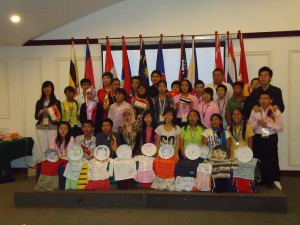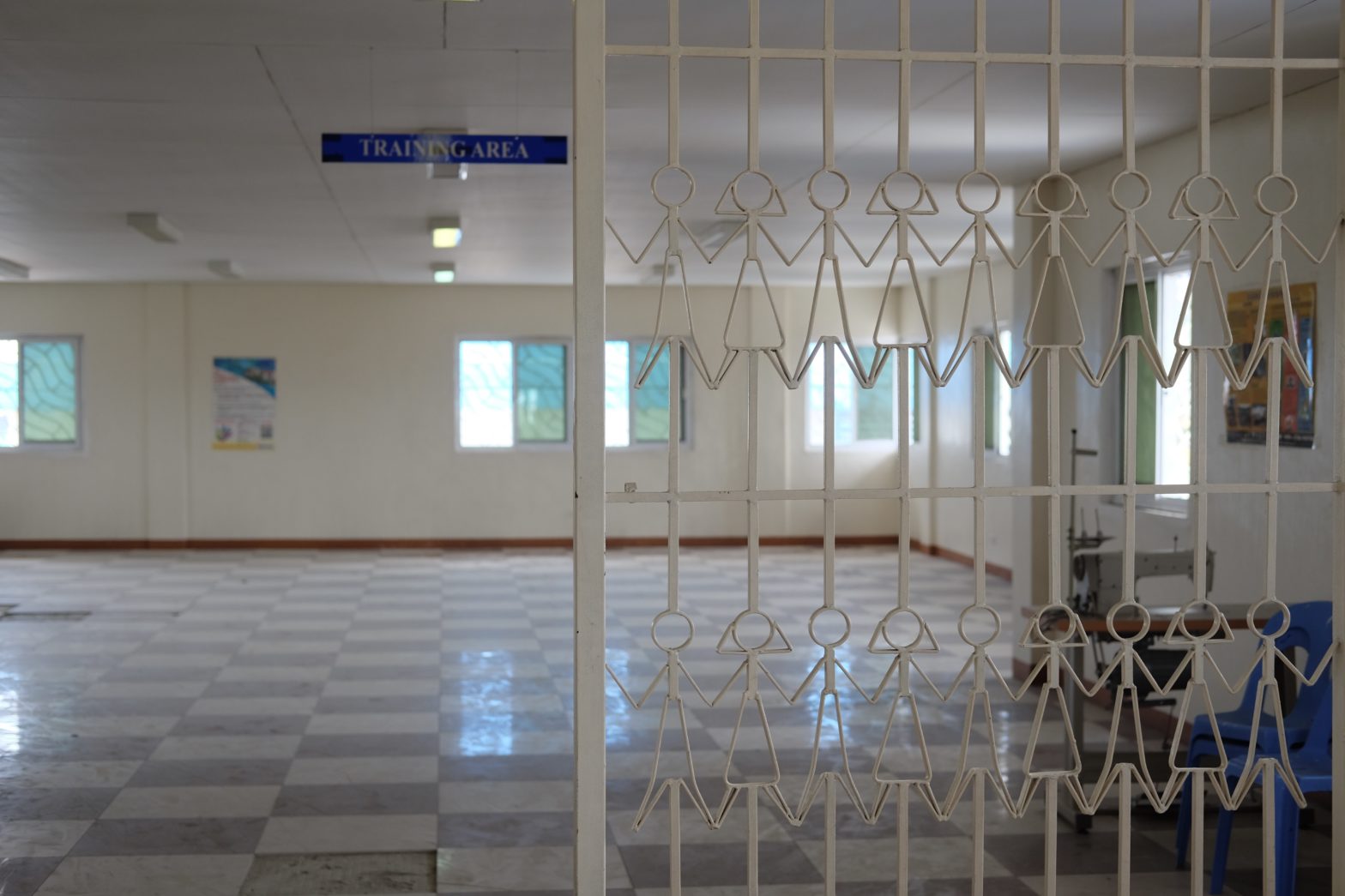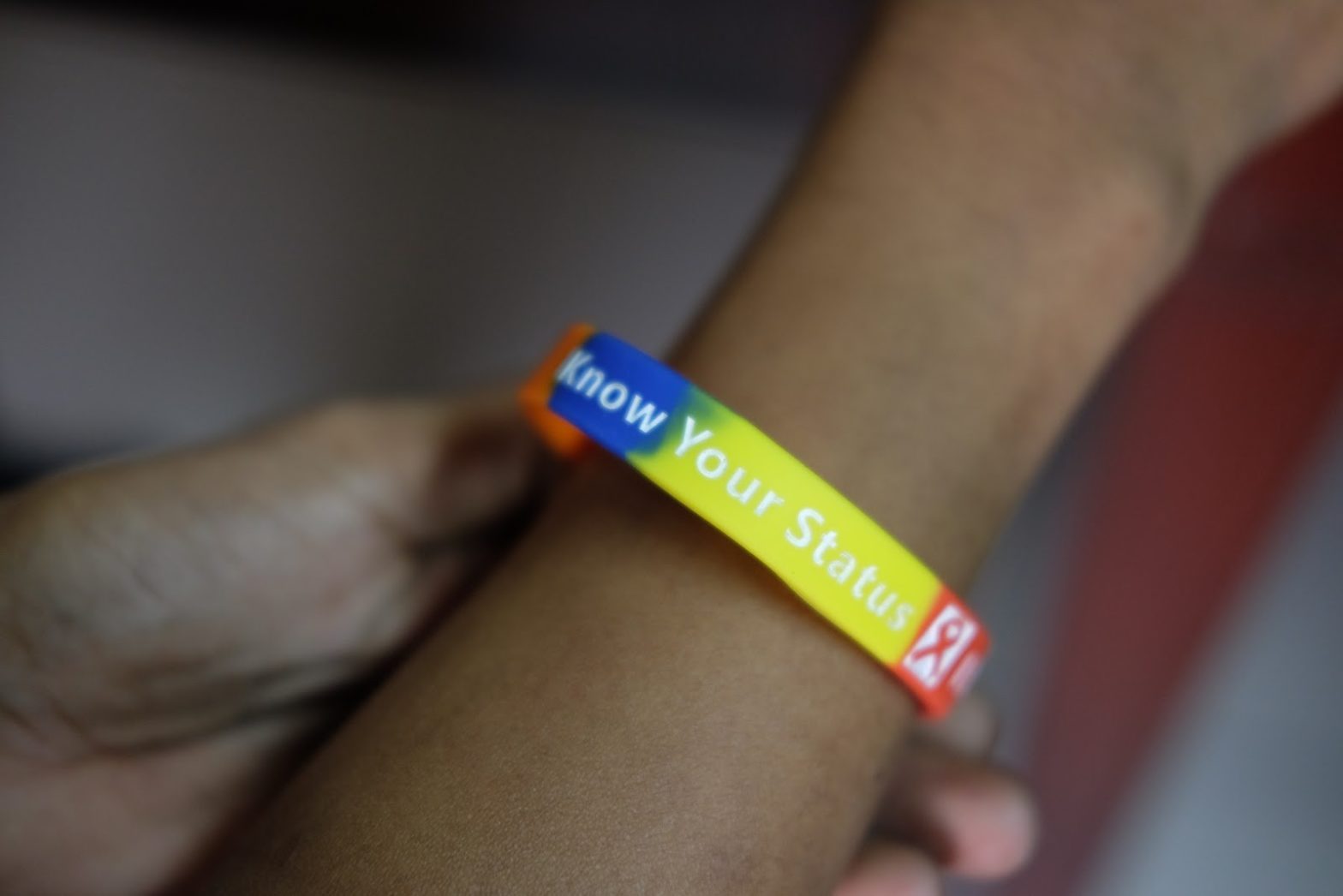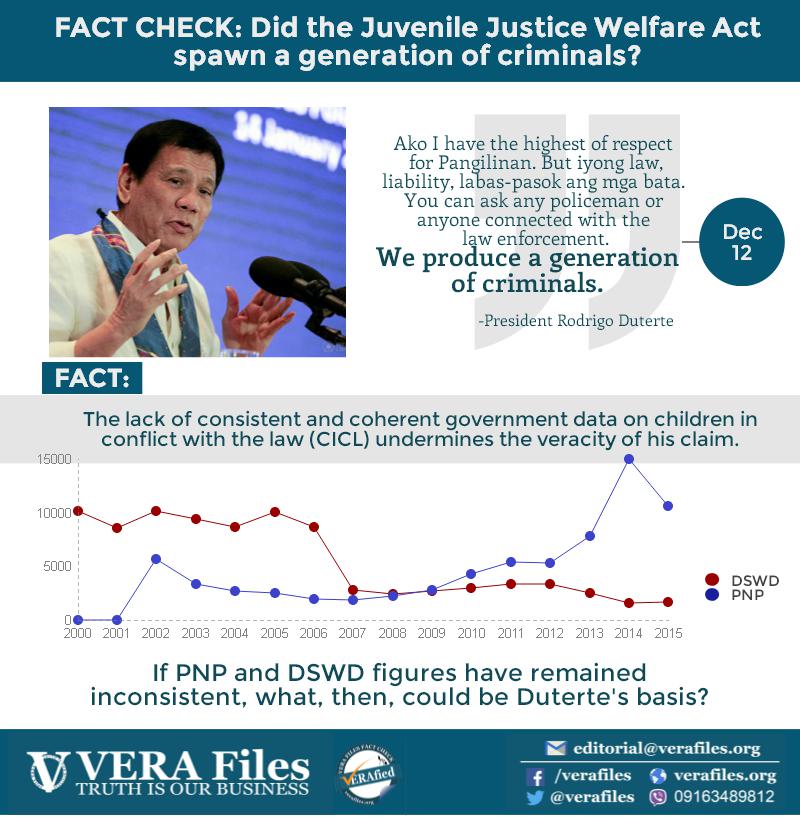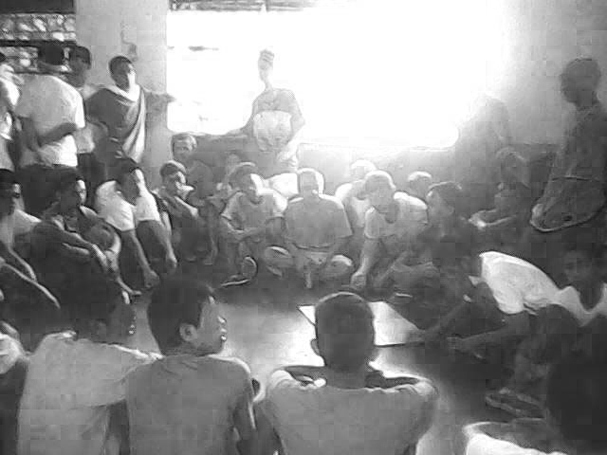
By CARLO FIGUEROA
HUMAN rights groups continue to voice their opposition to moves to amend the country’s juvenile justice law.
This comes even after the House of Representatives on June 4 passed on third and final reading House Bill 6052 proposing to lower the age of criminal liability from 15 to 12 years old. The bill aims to amend Republic Act 9344, the Juvenile Justice and Welfare Act, passed six years ago.
“Our campaign (is) not to amend the Juvenile Justice Law (but) call for its effective implementation instead,” said lawyer Rowena Legaspi, executive director of the Children’s Legal Rights and Development Center (CLRD), an NGO that monitors and provides free legal assistance to cases of violence and abuse against children.
“Lowering the age of criminal responsibility constitutes a grave breach on the convention on the rights of the child to which the Philippines has ratified and acceded,” she said.
Children’s rights advocates are invoking the United Nations Standard Minimum Rules for the Administration of Juvenile Justice, more commonly known as the “Beijing Rules” as a framework authorities should consider in determining the age of criminal responsibility.
The Beijing Rules recommends that the minimum age of criminal responsibility “shall not be fixed at too low an age level, bearing in mind the facts of emotional, mental and intellectual maturity.”
“The committee thus encourages governments to increase its minimum age,” Legaspi said.
Cebu Rep. Pablo Garcia, principal author of the bill, cited the increasing number of children involved in heinous crimes as the primary reason for amending the law.
“Children—you call them children—but youthful offenders aged 16 and 17 are being utilized by criminal syndicates, especially those engaged in illegal drugs, as couriers. But once arrested, once discovered or apprehended, they cannot be detained,” Garcia explained during the plenary interpellation.
The congressman added that in England, the minimum age of criminal responsibility is 10, 7 in Hong Kong, and 6 to 11 in the United States.
But the results of an online poll on the House of Representatives’ website show that public opinion is on civil society’s side, with the majority not in favor of the amendment.
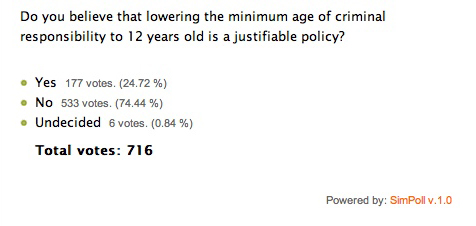
Asked if lowering the age of criminal responsibility is a justifiable policy, 75 percent of those who responded said no, while only 25 percent agreed with the proposal.
The international community supports the same position. In the recent United Nations’ Human Rights Council Universal Periodic Review (UPR) dialogue in Geneva, a number of countries recommended implementing RA 9344 instead of amending it.
Norway, in particular, recommended that the Philippines “take immediate measures to fully implement the Juvenile Justice and Welfare Act of 2006.”
Germany, meanwhile, asked the Philippines to “ensure that the age of criminal responsibility is not lowered.” It also recommended for the improvement of prison conditions to assure the separation of juvenile detainees from adult prisoners. Ecuador seconded Germany’s motion.
“The inhumane conditions of children-in-conflict with the law cannot be denied from the eyes of the international community. Hence, during the UPR, most recommendations by foreign countries to the Philippine government were addressed to ensuring that any forms of torture and corporal punishment (against children) should be looked into,” Legaspi said.
According to the draft of the UPR country report, the countries’ recommendations “enjoy the support of the Philippines,” meaning that the government considers these as already implemented, or in the process of implementation.
Ironically, House Bill 6052 was passed a few days after the Philippines’ UPR session was completed.
